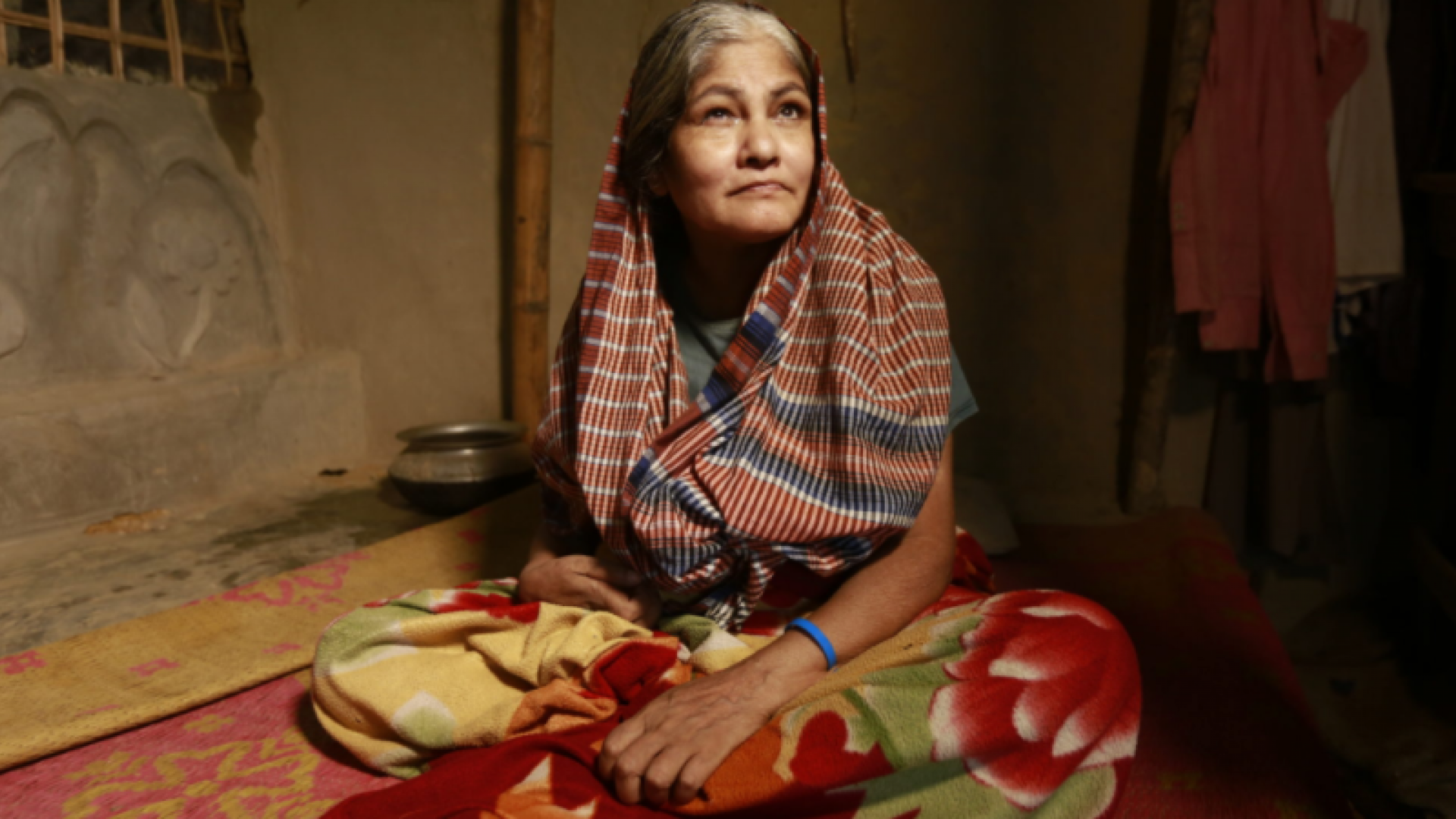Inclusion within the Humanitarian Project Cycle – Evaluation of the Central/Southeast Asian Training
Category
Capacity Building
© M. A. Islam/ HI
Our second regional training on “Disability-Inclusive Project Cycle Management in Humanitarian Action” was successfully completed!
Thanks to our committed participants, we were again able to compile an evaluation report based on their constructive feedback.
The training took place for 5 days, end of June beginning of July 2021, for 6 hours per day, and focused on the Central/Southeast Asian region. Participants were local partners and country staff at programmatic and technical level of German humanitarian organisations. The objective was to provide participants with the human rights-based understanding of disability and inclusion throughout the humanitarian project cycle.
The training included input presentations to convey the content in combination with group and scenario work to apply directly the learnings. In addition, a number of guest speakers with various backgrounds shared first-hand experience and insights from their work in Central/ Southeast Asia.
What key topics were covered in the training?
- What is the rights-based understanding of disability and what factors may put persons with disabilities at heightened risk in a humanitarian response?
- What key approaches and must-do-actions should programme/ project staff consider throughout the humanitarian project cycle?
- What are key practical recommendations and promising practices?
- What are key resources for an inclusive humanitarian response?
- What are programmatic and organisational entry points for change?
In the very positive feedback, participants indicated that their understanding of an inclusive humanitarian project cycle improved. As in previous trainings, the use of interactive software such as Padlet was highly appreciated as it further promoted their understanding and encouraged sharing among attendees. They are also interested in further collaboration and participation in future trainings to deepen what they have learned.
“This was [an] excellent opportunity and it shall be continued.”
Participant
We would like to take this opportunity to thank all participants for their interest and feedback!
The summary of the evaluation report is available here.
More information on trainings can be found here.
The project is funded by the German Federal Foreign Office (AA) and carried out together with the Christoffel Blindenmission Christian Blind Mission e.V. (CBM) and the Institute for International Law of Peace and Humanitarian Law (IFHV) at the Ruhr-University Bochum.